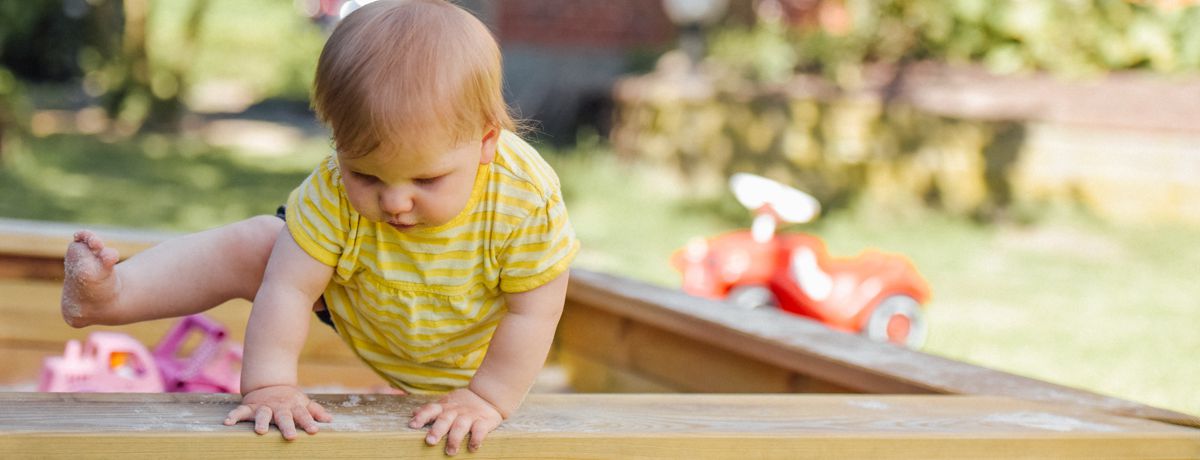Self-activity
An Aspect of Sustainable Learning
We can observe how children absorb everything that happens in their environment from birth on. Clearly, the human brain is designed to grasp, classify and process new things. Nevertheless, some people seem to find learning very easy and others rather difficult. The temptation is great to ”help“ in these cases – with well-intentioned offers, with more or less gentle pressure or also with rewards.
For a very long time, experts have been dealing with the question of how learning success can be achieved sustainably. Instead of memorizing and then forgetting, there is good experience with methods that focus on understanding learning contents.
Pedagogical Pioneers for the Childlike Spirit of Research
Emmi Pikler advocated intervening as little as possible in the motor development and play of young children. If children could experience themselves as self-effective when playing, crawling, climbing, etc., they radiated satisfaction and self-confidence.
Maria Montessori made similar observations: Kindergarten and primary school children who had the opportunity to acquire content independently by means of suitable material, i.e. to grasp it in the literal sense and thus understand it, appeared remarkably collected, concentrated and content.
One hundred years ago, the American philosopher and educator John Dewey developed his “Project Method” for working with school children and adolescents. This method allows students to conduct independent research, which not only increases their understanding of the subject, but also promotes interdisciplinary thinking and a willingness to cooperate.
Adults who independently learn something new – be it a craft technique, a sport, a technology or a hobby – also experience: No outside offer, no course, no class is as effective as intrinsic motivation.
Those who want to learn something because they are interested in it, because they need it, because it excites them, learn faster and, above all, more sustainably than those who are motivated, persuaded or even forced to learn. Learning does not mean filling barrels, but lighting torches, as Heraclitus is reported to have said.
Lifelong Learning as a Human Need
Sustainable Learning Emerges from Within
Ultimately, people can only educate themselves – by actively engaging with themselves and their environment. The Zukunft bilden – Andrea & Markus Eisel Stiftung therefore supports projects that enable self-organized and self-determined learning – education for tomorrow.






